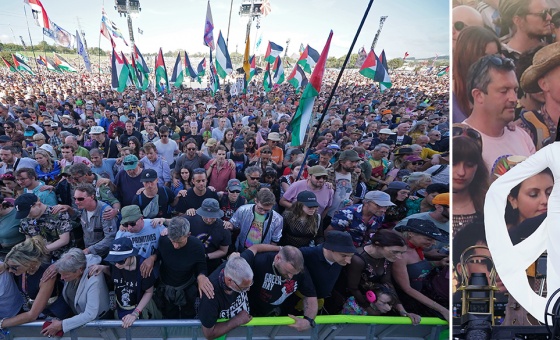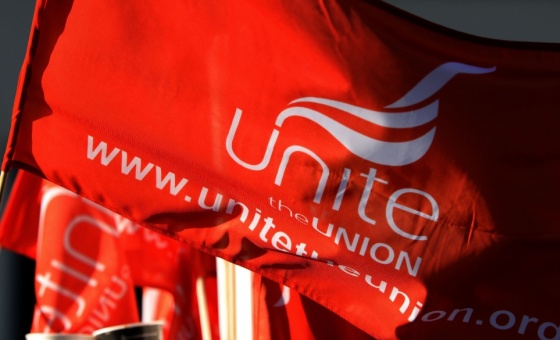This is the last article you can read this month
You can read more article this month
You can read more articles this month
Sorry your limit is up for this month
Reset on:
Please help support the Morning Star by subscribing here
FRENCH, German, Russian and Ukrainian leaders flew into Belorussian capital Minsk last night in search of a solution to the conflict in eastern Ukraine.
The talks, brokered by German Chancellor Angela Merkel and French President Francois Hollande, aim to negotiate a deal to end hostilities that have seen more than 5,300 people killed.
Prior to last night’s talks, Ms Merkel and Mr Hollande visited Kiev and Moscow to speak to Ukrainian President Petro Poroshenko and Russian President Vladimir Putin.
Details of a possible peace deal haven’t been released, but key sticking points at the talks include drawing a line of division, withdrawal of foreign troops, the status of the Ukraine-Russian border and the scale of autonomy for the self-declared people’s republics of Lugansk and Donetsk.
Five people were killed at a bus station in Donetsk today as pro-Kiev forces kept up their artillery bombardment, with another three perishing in overnight shelling.
Government officials in Kiev admitted that 19 troops had been killed and 78 wounded in a day of fighting in Debaltseve, the hotly contested transport hub in the region.
Mr Poroshenko said that he had made an early morning impromptu visit to the city of Kramatorsk, 30 miles from the nearest front line today.
Kiev says that 16 people were killed and 48 wounded in a rocket strike there on Tuesday.
“We demand an unconditional peace. We demand a ceasefire, a withdrawal of all foreign troops and closing of the border,” he said.
He threatened later that he was “ready to impose martial law across the country if we are not able to reach an agreement today in Minsk.”
Russian Foreign Minister Sergey Lavrov told a news conference in Moscow that there was “notable progress” in the peace process, adding that the most important goal was to implement a ceasefire.
However, he insisted that it would be impossible for Kiev to re-establish control over the border with Russia prior to a lasting agreement with the anti-fascist resistance.
“In these conditions, to give away the Russian part of the border would be to cut them off even from humanitarian help and allow them to be surrounded,” he explained.







